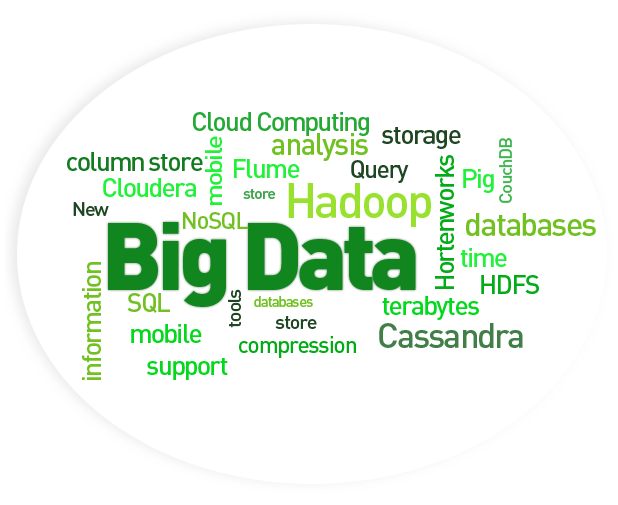Newsblog
IGI Global Disseminator of Knowledge
ARTICLE 1
Business Intelligence Strategy: A Utilities Company Case Study
Paul Hawking (Institute for Logistics and Supply Chain Management, College of Business, Victoria University, Melbourne, Australia), Carmine Sellitto (Institute for Logistics and Supply Chain Management, College of Business, Victoria University, Melbourne, Australia)
EU-ICT 2015 Conference
European Conference on Information and Communication Technologies 2015 (EU-ICT 2015):
Special topic of the EU-CT 2015: “e-Society – trends and challenges”
Paper submission deadline: April 10
Conference dates: June 11-13, 2015, Skopje
Towards a Methodology for Developing Evidence-Informed Management Knowledge by Means of Systematic Review
Undertaking a review of the literature is an important part of any research project. The researcher both maps and assesses the relevant intellectual territory in order to specify a research question which will further develop the knowledge base. However, traditional ‘narrative’ reviews frequently lack thoroughness, and in many cases are not undertaken as genuine pieces of investigatory science. Consequently they can lack a means for making sense of what the collection of studies is saying. These reviews can be biased by the researcher and often lack rigour.
10th Annual South East European Doctoral Student Conference
Building on the success of the nine previous Doctoral Conferences which totally attracted over 900 papers from countries all over the SE European region and beyond (UK, Australia, South Africa, Germany, Poland, Czech Republic, Albania, Bulgaria, Romania, Sweden, Belgium and USA), we are pleased to announce the organisation of the 10th South East European Doctoral Student Conference.
Big Data: Creating the Power to Move Heaven and Earth

In the past few years, Big Data has morphed from being yet another IT buzzword into a virtual tsunami sweeping over enterprises and consumers alike. Humans, organizations, devices, and machines of all types now contribute huge waves of data into what’s being called the data universe. And just like the other, real universe, the data universe continues to expand rapidly.
Mobiles and medicine: The brave new world of mHealth
AT&T and Vodafone are names we generally associate with calling plans rather than with healthcare. But with the rise of "mobile health" -- the use of mobile communications technology in healthcare -- some of the world's best-known telecoms brands are partnering with health-sector companies to enter the medical fray.
"MHealth," as it is known, has moved beyond a mere buzzword and now stands at a tipping point, say backers.
The eternity drive: Why DNA could be the future of data storage
How long will the data last in your hard-drive or USB stick? Five years? 10 years? Longer?
Already a storage company called Backblaze is running 25,000 hard drives simultaneously to get to the bottom of the question. As each hard drive coughs its last, the company replaces it and logs its lifespan.
While this census has only been running five years, the statistics show a 22% attrition rate over four years.
Some may last longer than a decade, the company says, others may last little more than a year; but the short answer is that storage devices don't last forever.
Big data analysis in 2015
Big data and analytics technologies have been going gangbusters for several years, with companies, funding rounds, technologies, and releases occuring rapid-fire since Hadoop and NoSQL stepped onto the industry stage. Each of the last several years saw an overarching theme in the data arena: 2012 was the year big data became really hot; 2013 was the year it grew more accessible, through SQL-on-Hadoop; and 2014 was the year it became far-more versatile, with the addition of YARN and Spark. 2015 will be the year Hadoop matures.
Backshoring manufacturing: Notes on an important but under-researched theme

This note discusses the phenomenon of backshoring manufacturing relying on empirical results based on a large-scale Danish questionnaire-survey. The note argues for further research on antecedents, motivators, and barriers of the use of globalisation strategies. It further argues for using automation in order to maintain production jobs. Lastly, the note demand more research on how ambidexterity as a dynamic capability serves as a predecessor to cope with the dynamics of globalisation strategies and supply chain design.
